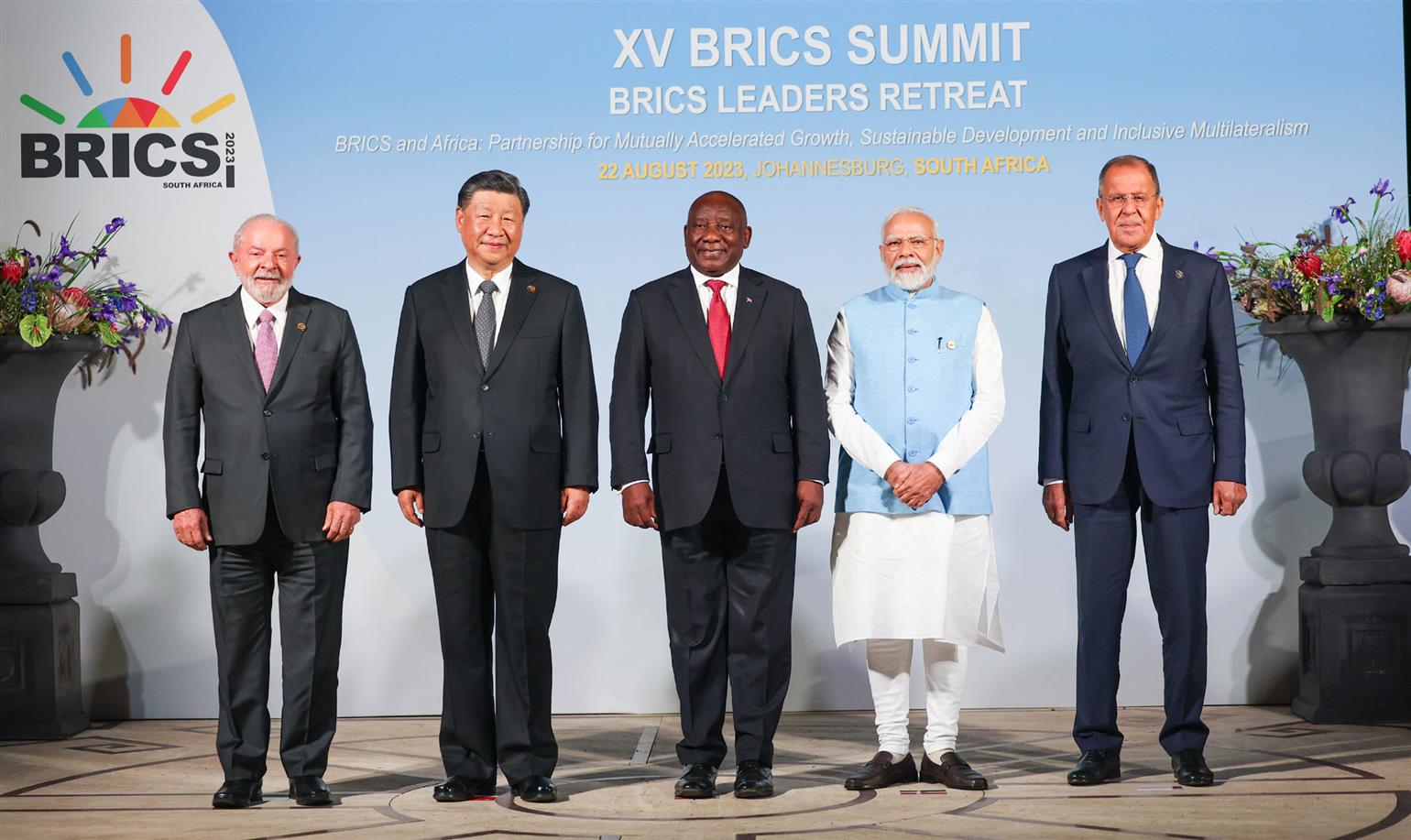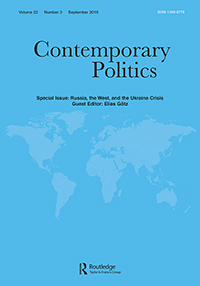Rising Power Alliances Project
The Fletcher School’s Rising Power Alliances project is a multi-year project that analyzes the changing nature of alliances and coalitions in global governance. It examines when and how rising powers ally with one another, the robustness of their alignments (especially BRICS), and their impact on the United States.

Our research is broadly organized into three main themes:
Defining alliances from the BRICS countries’ perspectives: we examine how close strategic relationships have been conceptualized and analyzed in the BRICS countries since 1990s.
Rising powers’ coalitional behavior across key strategic areas: our researchers investigate BRICS cooperation and policy convergence in the areas critical for American strategic interests.
U.S. policy response to rising power alliances: the project analyzes negotiation challenges and opportunities for managing U.S. relations with rising powers.
This project received federal funding from the Minerva Research Initiative. Any views expressed in this material are those of the authors.
BRICS leaders at the 2023 BRICS Summit in Johannesburg (Source: Press Information Bureau)
Leadership/Investigators: Kelly Sims Gallagher (PI) and Mihaela Papa (Co-I)
Publications
| Year | Preview | Citation |
|---|---|---|
| 2024 |  | Han, Z. & Papa, M. (2024). Leadership and performance in informal institutions: the internal dynamics of BRICS. Contemporary Politics, 30(1), 87-107. doi.org/10.1080/13569775.2023.2264065 |
| 2023 |  | Papa, M., Han, Z., & O’Donnell, F. (2023). The dynamics of informal institutions and counter-hegemony: introducing a BRICS Convergence Index. European Journal of International Relations, 29(4), 960-989. doi.org/10.1177/13540661231183352 |
| 2023 |  | Nurullayev, D. & Papa, M. (2023). Bloc politics at the UN: How other states behave when the United States and China–Russia disagree. Global Studies Quarterly, 3(3), 1-11. doi.org/10.1093/isagsq/ksad034 |
| 2022 |  | Han, Z., & Papa, M. (2022). Brazilian alliance perspectives: Towards a BRICS development-security alliance? Third World Quarterly, 43(5), 1115-1136. doi: 10.1080/01436597.2022.2055539. |
| 2022 |  | Liu, Z., & Papa, M. (2022). Can BRICS de-dollarize the global financial system? (Elements in the Economics of Emerging Markets) Cambridge: Cambridge University Press. doi: 10.1017/9781009029544. |
| 2022 |  | Locoman, E., & Papa, M. (2022). Transformation of alliances: Mapping Russia’s close relationships in the era of multivectorism. Contemporary Security Policy 43(2): 274-307. doi: 10.1080/13523260.2021.1994692. |
| 2021 |  | Verma, R., & Papa, M. (2021). BRICS amidst India-China rivalry. Global Policy 12 (4): 509-513. [Introduction, Special Section "India-China conflict and BRICS: business as usual?"] doi: 10.1111/1758-5899.12977. |
| 2021 |  | Papa M. & Verma, R. (2021). Scenarios for BRICS evolution in light of the India-China conflict. Global Policy 12 (4): 539-544. [Conclusion, Special Section "India-China conflict and BRICS: Business as usual?"] doi: 10.1111/1758-5899.13010. |
| 2021 |  | O’Donnell F., & Papa, M. (2021). India’s multi-alignment management and the Russia–India–China (RIC) triangle. International Affairs 97 (3): 801-822. doi: 10.1093/ia/iiab036. |
| 2021 |  | Han, Z., & Papa, M. (2021). Alliances in Chinese international relations: are they ending or rejuvenating? Asian Security 17 (2): 158-177. doi: 10.1080/14799855.2020.1825380. |
| 2020 |  | Williams C. & Papa, M. (2021). Rethinking “alliances”: The case of South Africa as a rising power. African Security 13 (4): 325-352. doi: 10.1080/19392206.2020.1871796. |
